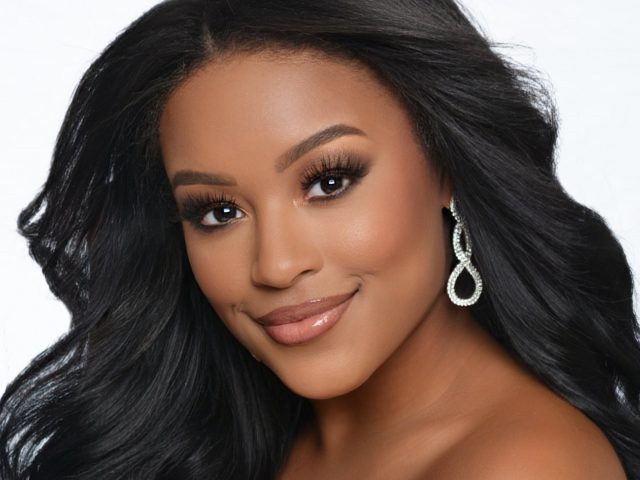Dear One Love,
Two years ago I successfully exited an abusive marriage. I’m now dating an amazing man. The trouble is that I’m afraid that if I didn’t see the flags in my former husband, I may not see them the next time around either. I want to avoid being overly critical in my evaluation of my current relationship, but I also don’t want to end up in the same situation again. I’m finding it difficult to recalibrate and determine what’s “normal” or healthy, and I end up second guessing myself a lot. It’s one thing to read through lists of flags to watch for, but it’s another to actually identify them in your own relationship. What advice can you provide for dating someone new after experiencing domestic violence the first time around?
– When Do I Know?
Dear When Do I Know,
Starting a new relationship after exiting an abusive one is difficult for all of the reasons you stated above and it’s totally normal to be extra cautious when you’re afraid of making the same “mistake” twice. Always trust your gut in this situation. Think deeply about what is worrying you about this relationship. Is your current partner being unhealthy sometimes? Do you need more time to heal from your previous unhealthy relationship? Are you moving too fast? There’s no rush to move forward with a new relationship if you aren’t ready, your new partner should respect the pace you’re comfortable with. It’s also worth noting that unhealthy relationships start off very fast and often feel like the best relationship ever. If your relationship feels like too much too soon then this may be an indicator of an unhealthy relationship.
You may need more time to heal. Be patient with yourself. Your trust quotient will go up as you become comfortable with your new partner. If something feels off about your partner’s behavior than this may be an indicator that the relationship is unhealthy. It’s easy to overlook unhealthy behaviors so keep a journal of anything that feels triggering or uncomfortable in your new relationship. If nothing about your partner’s behaviors stand out but you’re still uneasy, loop them into how specific situations make you feel. This can look like this, ” When you tease me, I know you’re just joking but it’s really hard for me to accept because my ex did it to humiliate me.” In healthy relationships, you’ll feel a sense of care and concern from your partner. It should feel safe to be honest about how something makes you feel without worrying about being punished or dismissed.
While I don’t know the particulars of your previous relationship, I’d bet that your judgment and your truths were questioned, disregarded, or dismissed over and over again until you began to think YOU were the problem. You weren’t. It’s not your fault. And I know you know that but it’s worth repeating as often as you can. All the second-guessing you’re doing is one of the effects of an abusive relationship.
Abusive relationships can be isolating so it’s normal to get out of the habit of speaking to someone you trust about your experience. If you feel you are experiencing relationship abuse, or if you just have questions about your relationship, contact the National Domestic Violence Hotline via their website, or by calling 1-800-799-7233. Or reach out to our friends at Love is Respect. If nothing else, talking out your concerns with a friend or therapist can help you gain a new perspective and identify potential relationship red flags.
We cannot wait to answer all of your amazing questions! Check back every Tuesday to see if your question was selected for a response from #AskOneLove.
Browse by Category

Don’t Be on the Naughty List: Spotting Unhealthy Relationship Signs This Holiday Season
The holidays are meant for joy, connection, and celebration—whether it’s Christmas, Hanukkah, Kwanzaa, or cozy winter vibes. But if someone…
How to Have Healthy Holiday Conversations with Family (and Prep Your Partner)
The holidays are a time for family, good food, and—let's…
Finding Strength in Our Stories: Domestic Violence Awareness Month
⚠️ Trigger Warning: This blog includes content and language related…
Understanding Domestic Violence Awareness Month (DVAM)
October is almost here, and that means it’s time to…
4 Students Share How They Helped a Friend in an Unhealthy Relationship
Watching a friend struggle in an unhealthy or abusive relationship…














